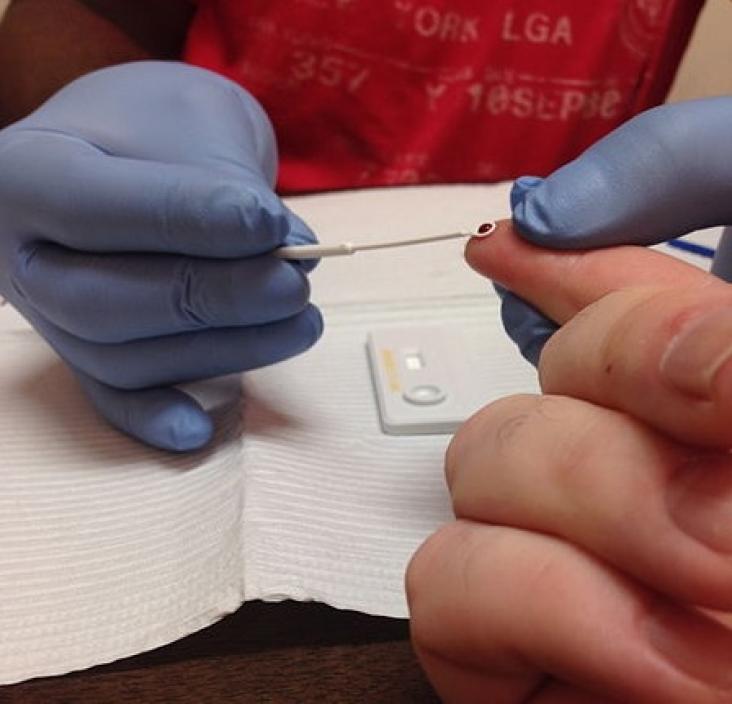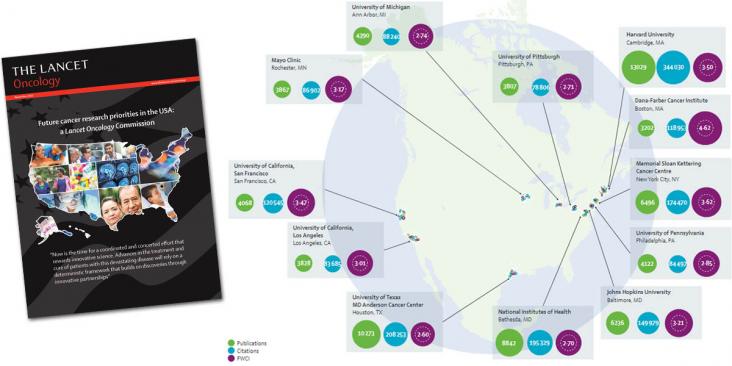The WHO global health sector strategy on viral hepatitis, created in May, 2016, aims to achieve a 90% reduction in new cases of chronic hepatitis B and C and a 65% reduction in mortality due to hepati
In 2016, WHO adopted a strategy for the elimination of viral hepatitis by 2030.

Background Multistage, stepwise HIV testing and treatment procedures can result in lost opportunities to provide timely antiretroviral therapy (ART).
This content aligns with Goal 3: Good Health as well as Goal 10: Reduced Inequalities by discussing the impact of chromatin structure on viral integration, transcriptional regulation and latency, and the host factors that influence HIV-1 replication by regulating chromatin organization.
Background & Aims Coffee has anti-inflammatory and hepato-protective properties.
This chapter aligns with the SDG goal 3 of good health and wellbeing by examining the public health and economic burden of hepatitis C infection in developing countries.

A fundamental shift in how cancer research is conducted and how cancer care is delivered in the United States is required in order to deliver on the Cancer Moonshot initiative, according to a major new report called The Lancet Oncology Commission: Future Research Priorities in the USA. Authored by over 50 leading oncologists, including members of leading US cancer organizations, the report sets out 13 key priority areas, each with measurable goals, to focus the $2 billion of funding released to the National Cancer Institute (NCI) as part of the 21st Century Cures Act.

The report is authored by over 50 leading oncologists, including members of leading US cancer organizations, and sets out 13 key priority areas, each with measurable goals, to focus the $2 billion of funding released to the National Cancer Institute (NCI) as part of the 21st Century Cures Act. The report sets out a detailed road map to deliver on the Blue Ribbon Panel recommendations, including a focus on prevention, a new model for drug discovery and development, a vast expansion of patient access to clinical trials, and an emphasis on targeted interventions to improve cancer care for underserved groups, specifically children, cancer survivors and minority groups.
Global sustainability problems pose serious challenges for humanity. In handling these problems education for sustainable development (ESD) is seen as important.
Infectious diseases have proven to be remarkably resilient foes of human health and so the prevention and control of infectious diseases have been attracting the attention of all countries over the wo
